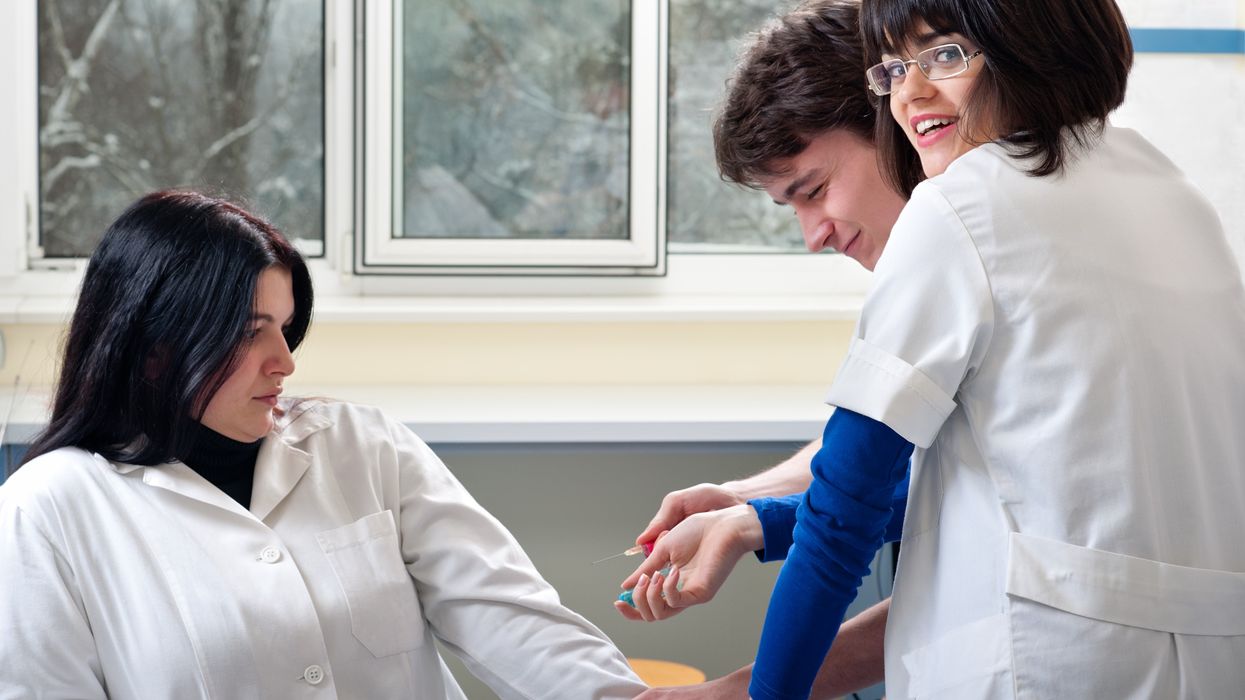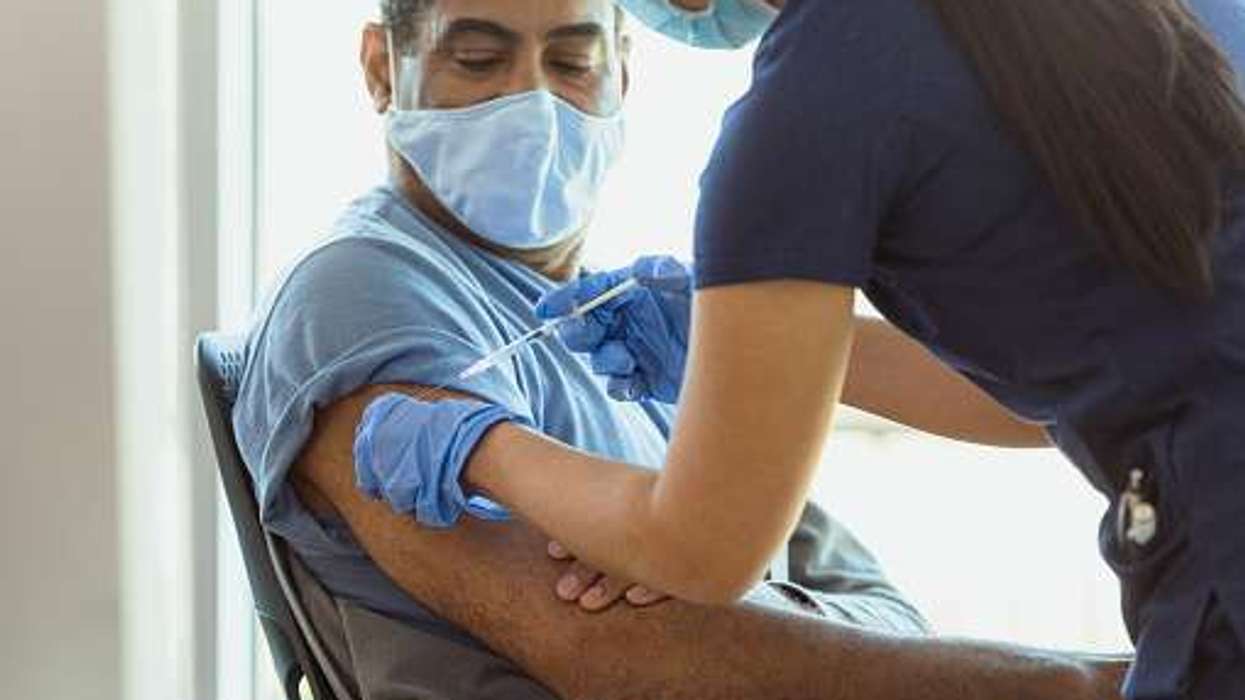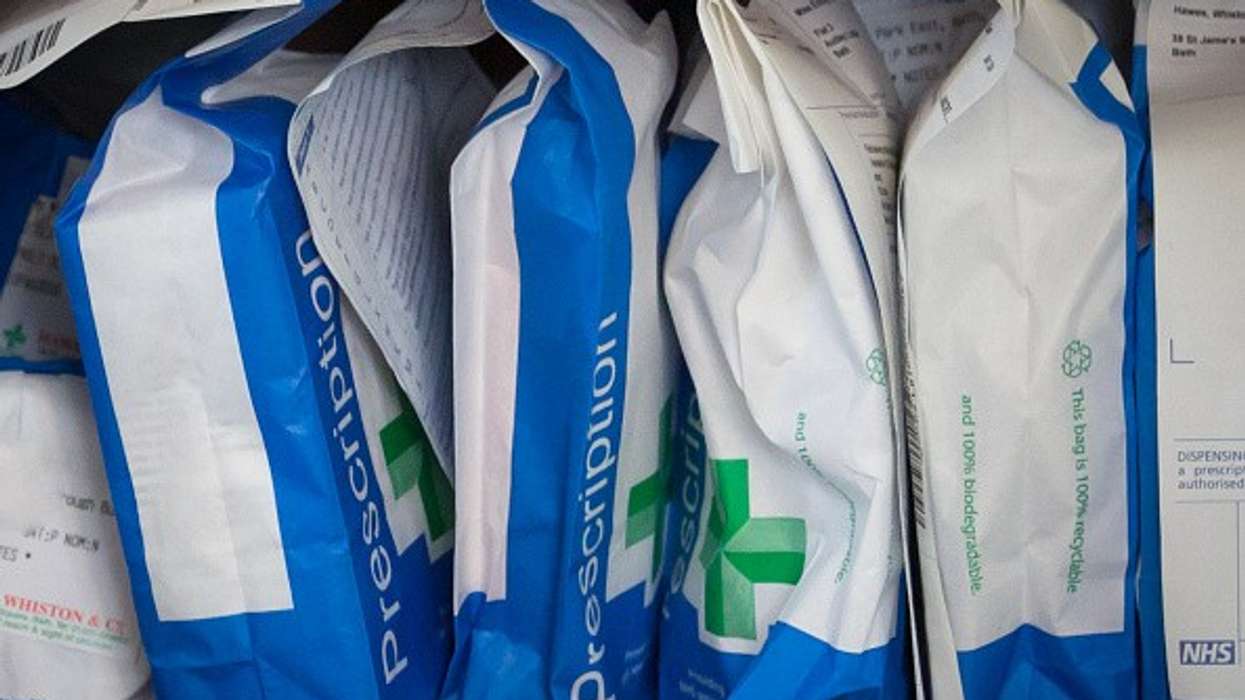A NEW report has called for the participation of a wide range of diverse communities in clinical research to make sure that the medicines meet the needs of the UK's increasingly diverse population.
The report ‘Achieving inclusivity in clinical research’, prepared by the Association of the British Pharmaceutical Industry (ABPI) and the Association of Medical Research Charities (AMRC), highlights the long-standing challenges in ensuring diversity in clinical trials.
A 2024 Ipsos study found that while 58 per cent of UK adults were willing to participate in clinical trials, this dropped to 41 per cent among ethnic minority adults.
It found that during a clinical trial, only 36 per cent of ethnic minority adults participated, compared with 46 per cent of white adults.
The survey also highlighted gender disparities within ethnic minority groups.
Black, African, or Caribbean women were more likely to feel uncomfortable in healthcare environments than other ethnic minority groups.
The ABPI and AMRC held a joint event to understand the barriers that might prevent people from participating in clinical trials, and how to overcome them.
The event brought together representatives from across the UK clinical research sector, including the pharmaceutical industry, health charities, regulatory bodies, government, and the NHS.
The speakers called for a UK-wide strategy to drive greater diversity and inclusion in clinical trials and develop an approach for measuring, collecting, and reporting clinical trial diversity.
The practical barriers that prevent diverse populations from participating in clinical research include financial burden, such as travel costs, childcare expenses, and lost wages.
Since most clinical trial appointments are during weekdays, many find it difficult to take time off from work.
The solutions include providing financial support such as stipends, reimbursements, or other financial assistance to cover transportation, childcare, and lost wages.
Another suggestion was conducting trials in community health centres and mobile units to enable researchers to engage rural and underserved urban populations.
They also called for clear communication about logistics, remuneration, and support to encourage higher levels of participation, and offer translation services to accommodate non-native speakers.












